Oh the irony:
“Blondie was part of a research study aiming to reduce human-wildlife conflict by understanding lion behaviour.”
9904 Followers
1501 Following
Assistant professor in the Humphrey School of Public Affairs, University of Minnesota. Sociologist/demographer studying the health impacts of climate change and dams, with a focus on Brazil and East Africa.
Statistics
Oh the irony:
“Blondie was part of a research study aiming to reduce human-wildlife conflict by understanding lion behaviour.”
Hey! New faculty! Your annual reminder to keep track of everything you do in some way or another. I just dump stuff into a Google doc, nothing fancy, but saves a ton of time when working on promotion & tenure docs.
(Ask me what I'm working on right now...!) 🧪
“The Israeli military…claimed that al-Sharif, a well-known correspondent for Al Jazeera Arabic, was acting ‘under the pretence of an Al Jazeera journalist’ while actually working for Hamas.”
How, 22 months later, is Israel still crying “Hamas” whenever they assassinate someone as the world sits by?
The Israelis assassinated AJ journalists Anas Al-Sharif and Mohammed Qreiqa along with their team in Gaza after bombing an AJ tent in front of Al-Shifa hospital
Absolute monsters

Al-Sharif was killed along with Mohammed Qreiqeh two cameramen in an Israeli attack on Gaza City.
The Israelis assassinated AJ journalists Anas Al-Sharif and Mohammed Qreiqa along with their team in Gaza after bombing an AJ tent in front of Al-Shifa hospital
Absolute monsters
www.aljazeera.com/news/liveblo...

Al-Sharif was killed along with Mohammed Qreiqeh two cameramen in an Israeli attack on Gaza City.
I agree! Obviously no form of energy is without its costs, but hydro is far more destructive than many acknowledge. I wrote this piece about that, mostly focused on displacement:
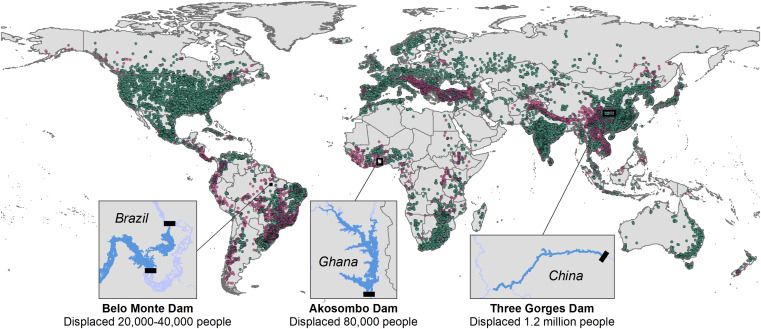
Dams pose considerable social, environmental, and climate risks, including the displacement of millions of people. As investments in new hydropower dams accelerate—with most planned for low- and middl...
Any human who trophy hunts deserves a special place in hell. To take joy in killing an animal—not for food, but for thrills and bragging rights—is beyond despicable. As an animal lover, I just cannot wrap my head around the absolute lack of moral compass.
Blondie, a five-year-old research lion, was struck down in his prime by a trophy hunter. He was a dominant male with 10 cubs in Zimbabwe’s Hwange National Park. His death risks destabilising his pride and increasing human-wildlife conflict in the area.
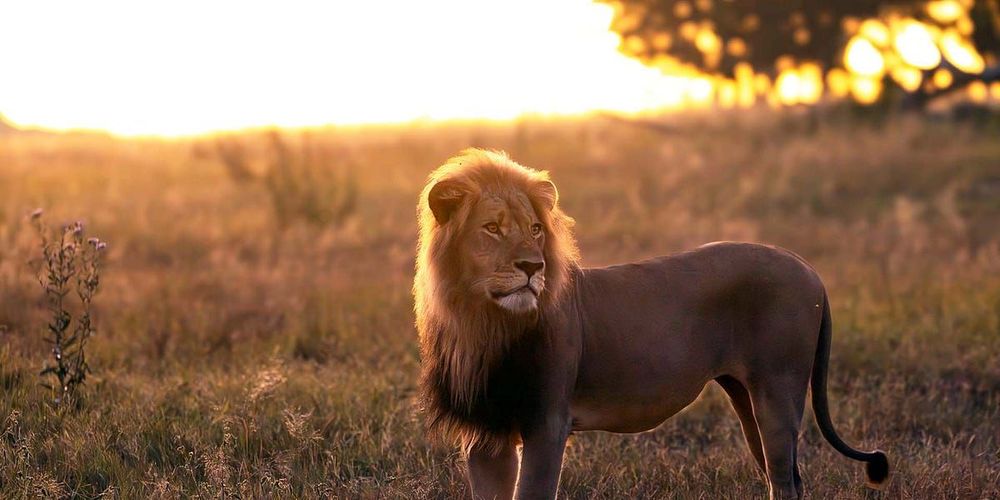
Defenders say trophy hunting benefits conservation, but others warn of the risks it poses to ecosystems and communities.
This story perfectly encapsulates two issues I’m thinking a lot about as a researcher and professor:
Don’t build dams, especially when one’s that displace marginalized people
Don’t farm out your job (whether it be as a lawyer or a student in my class) to a chat bot!
"I am the lawyer for a multinational group active in the energy sector that intends to displace a small Amazonian indigenous community from their territories in order to build a dam and a hydroelectric plant … How can we get the lowest possible price in negotiations with these indigenous people?"
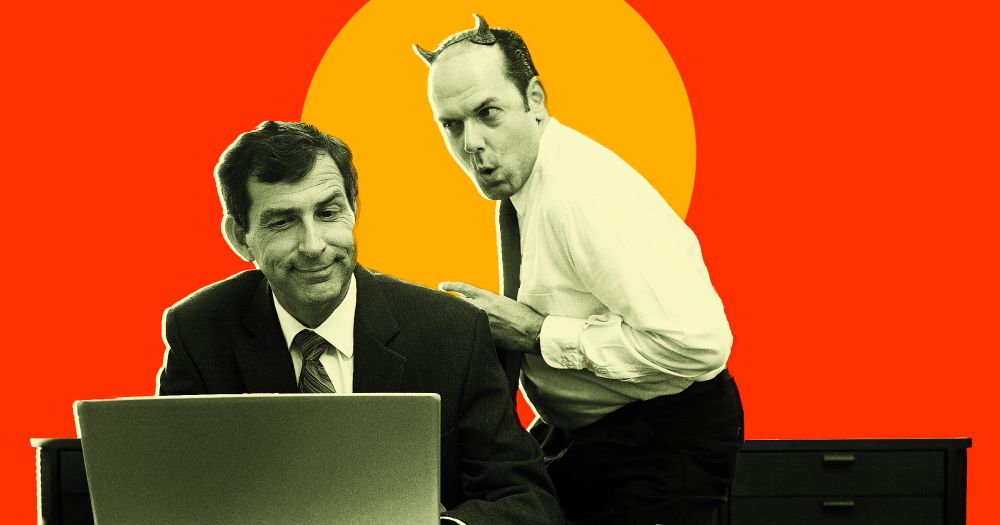
Tens of thousands of ChatGPT conversations were mistakenly shared by users who used a feature that OpenAI has swiftly removed.
"NIH funding is gone, so you should pivot to private foundations for funding"
Meanwhile, private foundations:
Having a hard time processing this. HHMI is pausing all competitions. Very demoralizing for early career scientists like me @hhmi.org
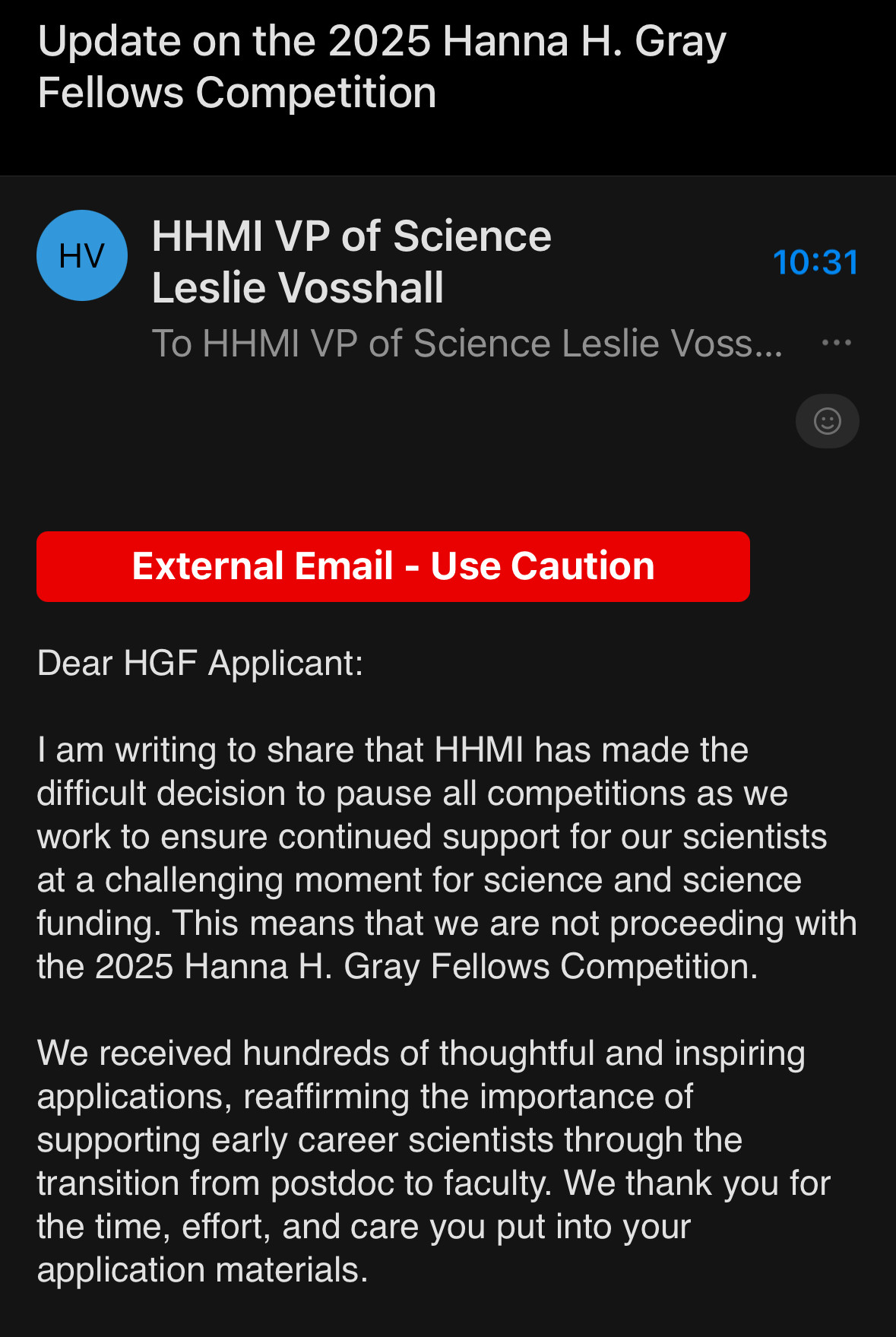
And that’s an automatic block! For the record, this Nature Communications paper estimates that domestic cats kill 1.3 billion to 4 billion birds annually.
www.nature.com/articles/nco...
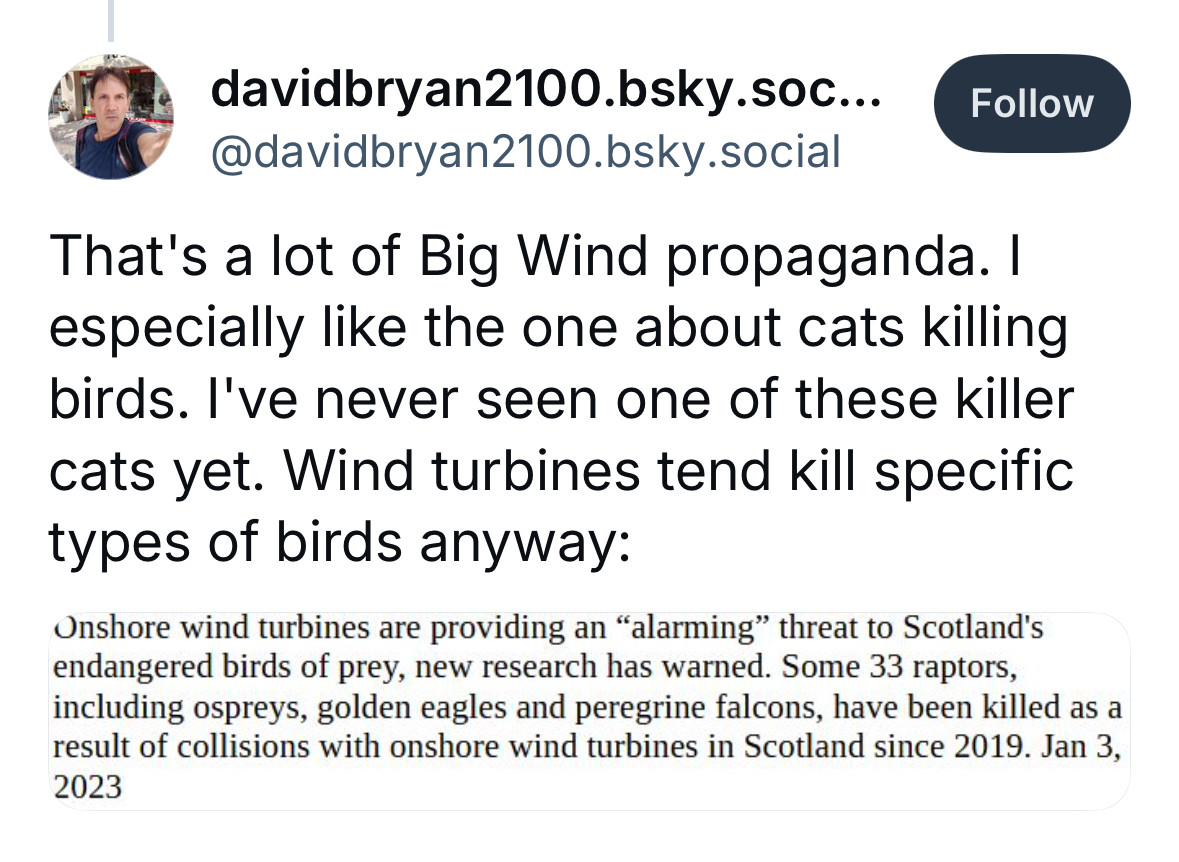
Another day, another dystopian headline.
“Federal data shows wind turbines cause significantly fewer bird deaths than buildings, cats or oil pits. The Audubon Society says that climate change poses a bigger threat to birds than wind power.”

Another day, another dystopian headline.
“Federal data shows wind turbines cause significantly fewer bird deaths than buildings, cats or oil pits. The Audubon Society says that climate change poses a bigger threat to birds than wind power.”
www.nytimes.com/2025/08/09/c...
